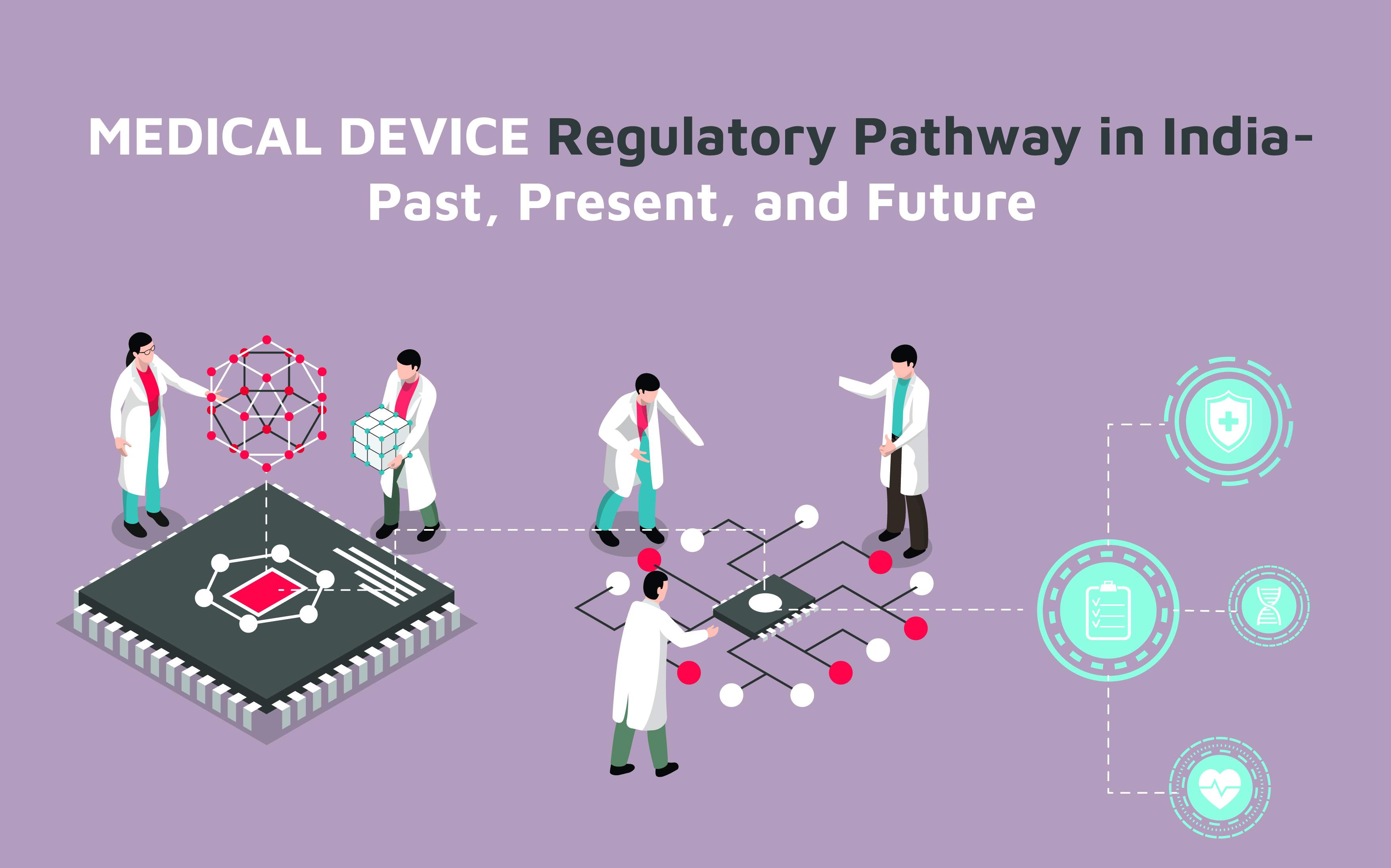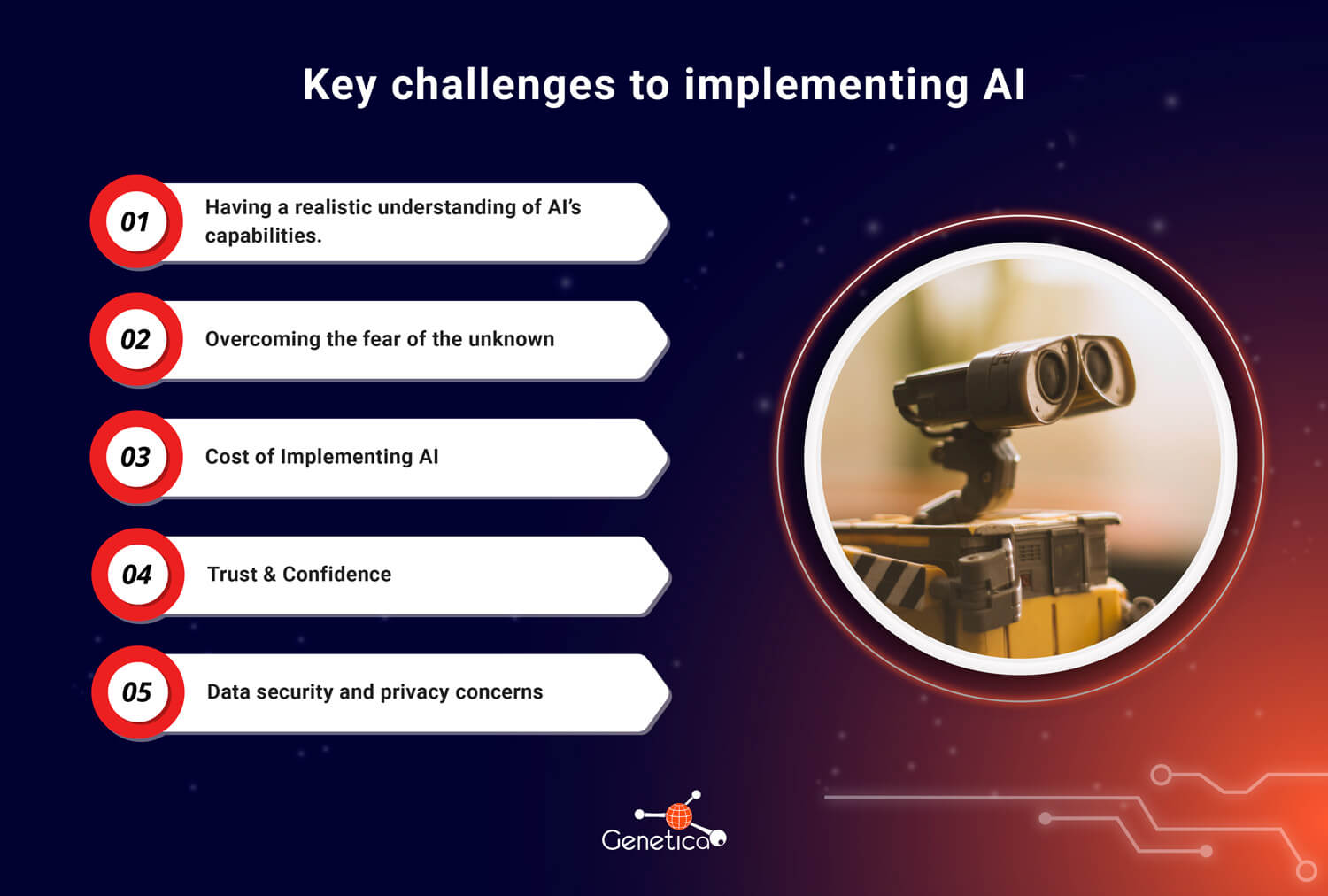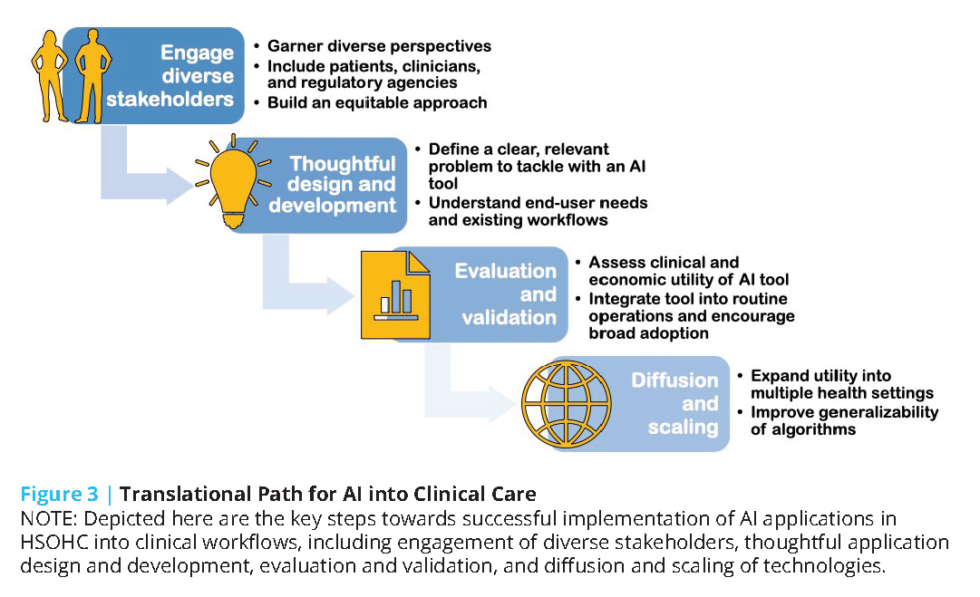Ai In Regulatory Affairs Presentation
| Introduction to AI in Regulatory Affairs | ||
|---|---|---|
| AI is revolutionizing regulatory affairs by automating processes and improving efficiency. AI can analyze vast amounts of data and identify patterns, helping regulators make informed decisions. Implementing AI in regulatory affairs can lead to faster approvals and better compliance. | ||
| 1 | ||
| Benefits of AI in Regulatory Affairs | ||
|---|---|---|
| AI can streamline regulatory processes, reducing delays and improving time-to-market for products. AI can assist in identifying potential risks and hazards, enabling proactive regulatory measures. AI can enhance data analysis and decision-making, leading to more accurate and consistent regulatory outcomes. | ||
| 2 | ||
| Applications of AI in Regulatory Affairs | ||
|---|---|---|
| AI can automate regulatory document management, organizing and categorizing files for easy access. AI-powered chatbots can provide real-time assistance to businesses, answering regulatory queries. AI can monitor and analyze social media and online platforms for potential regulatory violations. | ||
| 3 | ||
| AI in Drug Regulatory Affairs | ||
|---|---|---|
| AI can analyze clinical trial data to identify trends and patterns, expediting drug development. AI can assist in pharmacovigilance by detecting adverse events and monitoring drug safety. AI can automate the process of updating drug labels and ensuring compliance with regulatory guidelines. | ||
| 4 | ||
| AI in Medical Device Regulatory Affairs | ||
|---|---|---|
| AI can assist in the classification and registration of medical devices based on risk assessment. AI can analyze post-market surveillance data to identify potential safety issues and device malfunctions. AI can automate the review of technical documentation for medical device submissions. | ||
| 5 | ||
| AI in Food Regulatory Affairs | ||
|---|---|---|
| AI can help regulators analyze food safety data to identify potential risks and prevent outbreaks. AI can assist in the authentication and traceability of food products to prevent fraud and ensure compliance. AI can automate the review of food labeling and ingredient lists to ensure regulatory compliance. | ||
| 6 | ||
| Challenges of Implementing AI in Regulatory Affairs | ||
|---|---|---|
| Ensuring data privacy and security when handling sensitive regulatory information. Addressing the need for transparency and interpretability of AI algorithms in regulatory decision-making. Overcoming resistance to change and building trust in AI systems among regulatory stakeholders. | ||
| 7 | ||
| Regulatory Considerations for AI Implementation | ||
|---|---|---|
| Developing guidelines and standards for the use of AI in regulatory affairs. Ensuring regulatory oversight and accountability for AI systems deployed in regulatory processes. Collaborating with industry stakeholders to address challenges and promote responsible AI use. | ||
| 8 | ||
| Future Outlook of AI in Regulatory Affairs | ||
|---|---|---|
| AI will continue to play a crucial role in automating and optimizing regulatory processes. Advancements in machine learning and natural language processing will enhance AI capabilities. Regulatory agencies will increasingly leverage AI for real-time monitoring and risk assessment. | ||
| 9 | ||
| Conclusion | ||
|---|---|---|
| AI has the potential to transform regulatory affairs by improving efficiency and decision-making. Collaborative efforts between regulators, industry, and AI experts are essential for successful implementation. Embracing AI in regulatory affairs will lead to better regulatory outcomes and benefit both businesses and consumers. | ||
| 10 | ||








